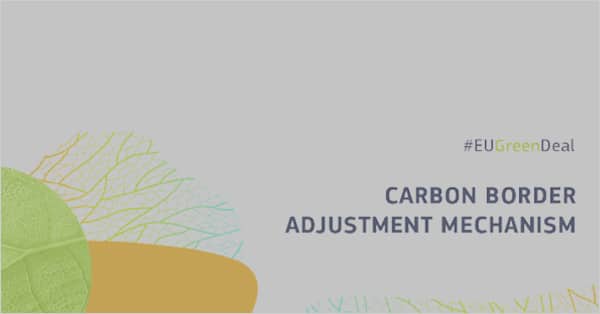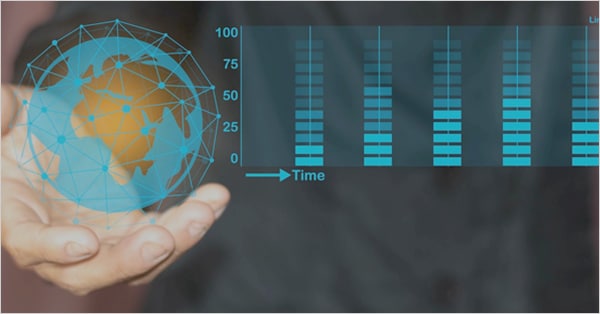
The European Union (EU)’s Carbon Border Adjustment Mechanism (CBAM) is a landmark tool to put a price on the carbon emitted during the production of carbon intensive goods that are entering the EU. Carbon leakage occurs when companies based in the EU move carbon-intensive production abroad to countries where less stringent climate policies are in place, or when EU products get replaced by more carbon-intensive imports.
The CBAM regulation officially entered into force the day following its publication in the Official Journal of the EU on 16 May 2023. The CBAM itself will enter into application in its transitional phase on 1 October 2023, with the first reporting period for importers ending 31 January 2024. It will initially apply to imports of certain goods and selected precursors whose production is carbon intensive and at most significant risk of carbon leakage: cement, iron and steel, aluminium, fertilisers, electricity and hydrogen. Once the permanent system enters into force on 1 January 2026, importers will need to declare each year the quantity of goods imported into the EU in the preceding year and their embedded GHG. They will then surrender the corresponding number of CBAM certificates. The price of the certificates will be calculated depending on the weekly average auction price of EU ETS allowances expressed in €/tonne of CO2 emitted.








 Stay updated on the latest trends of Green Finance
Stay updated on the latest trends of Green Finance

